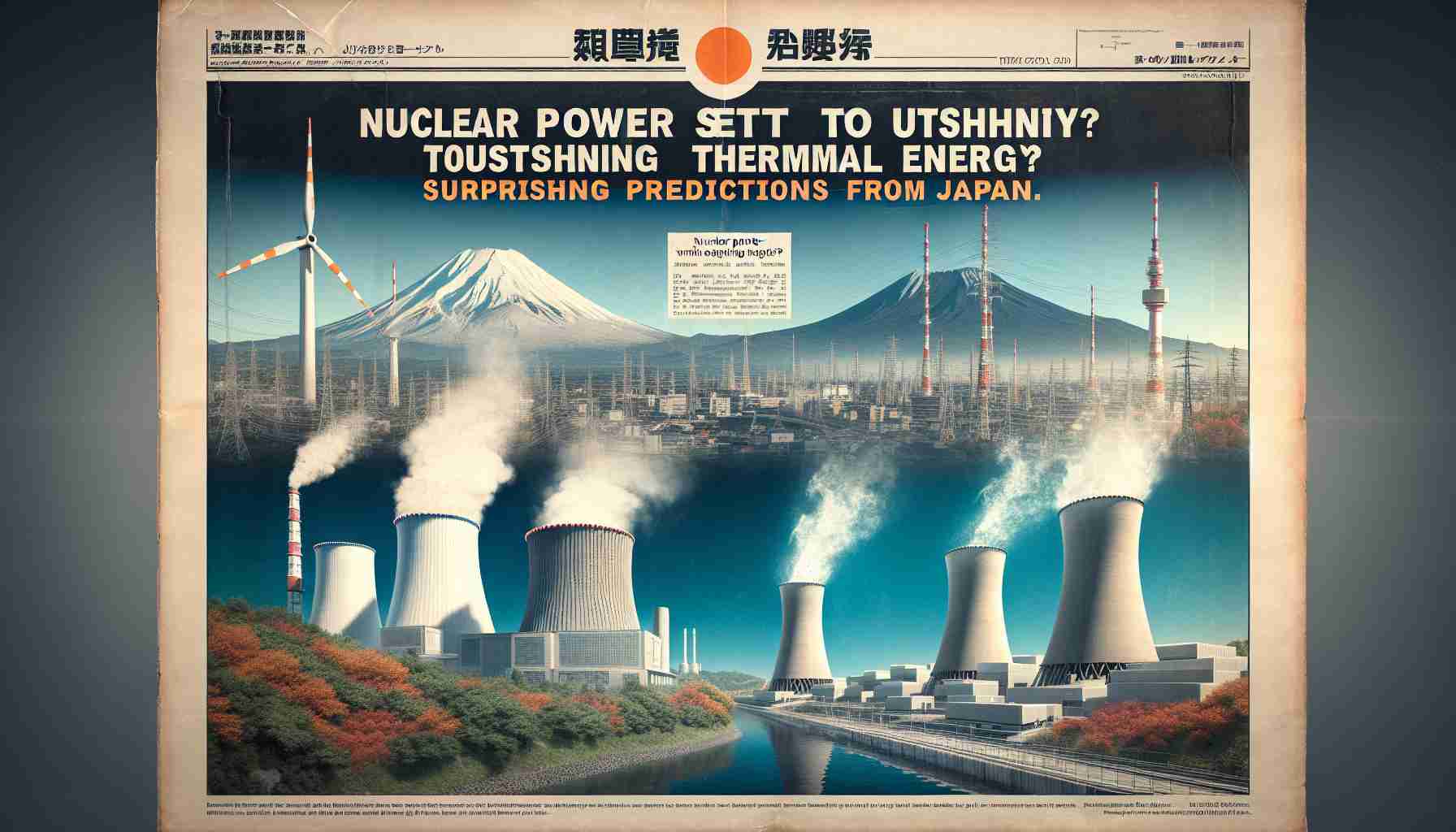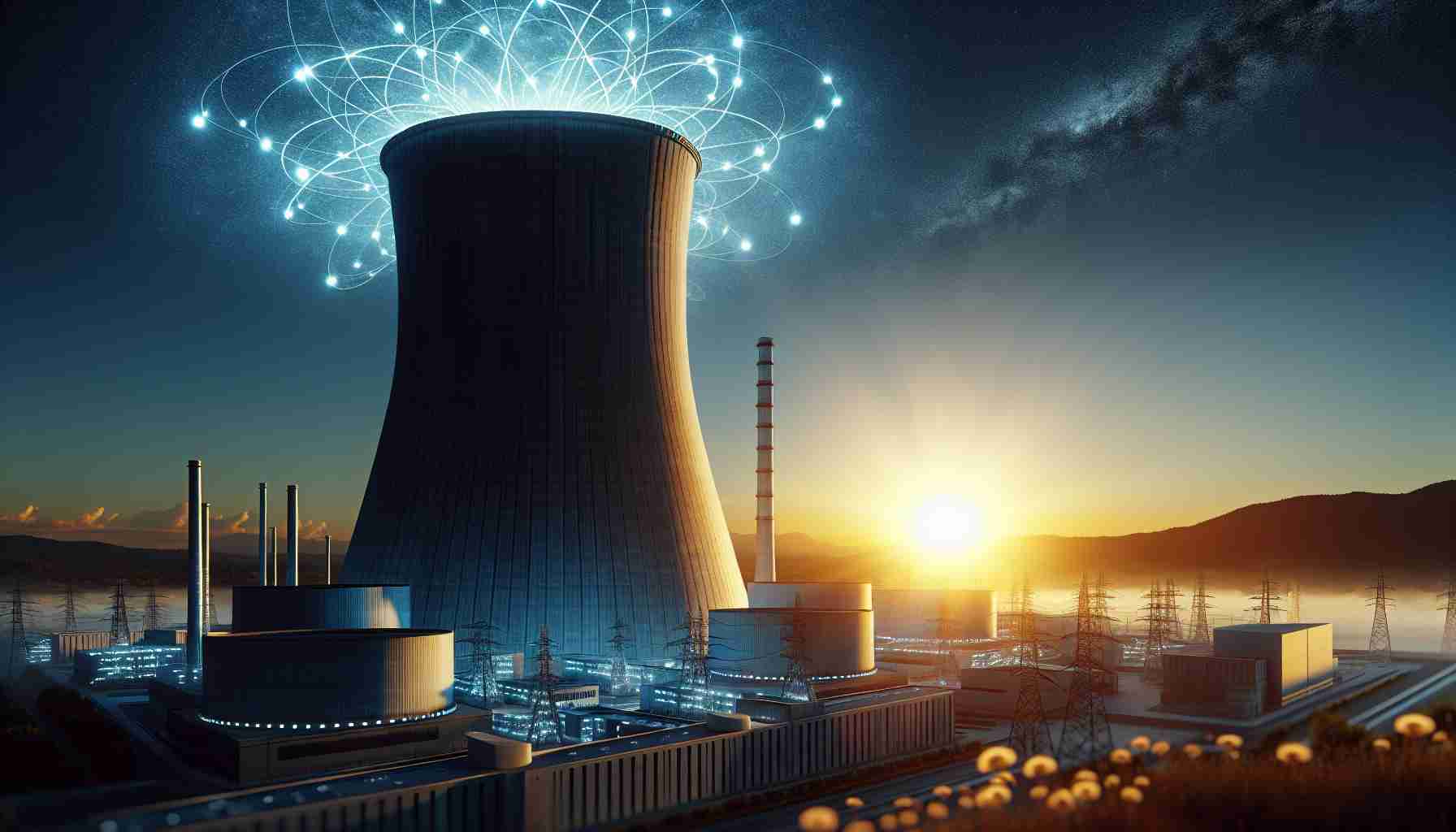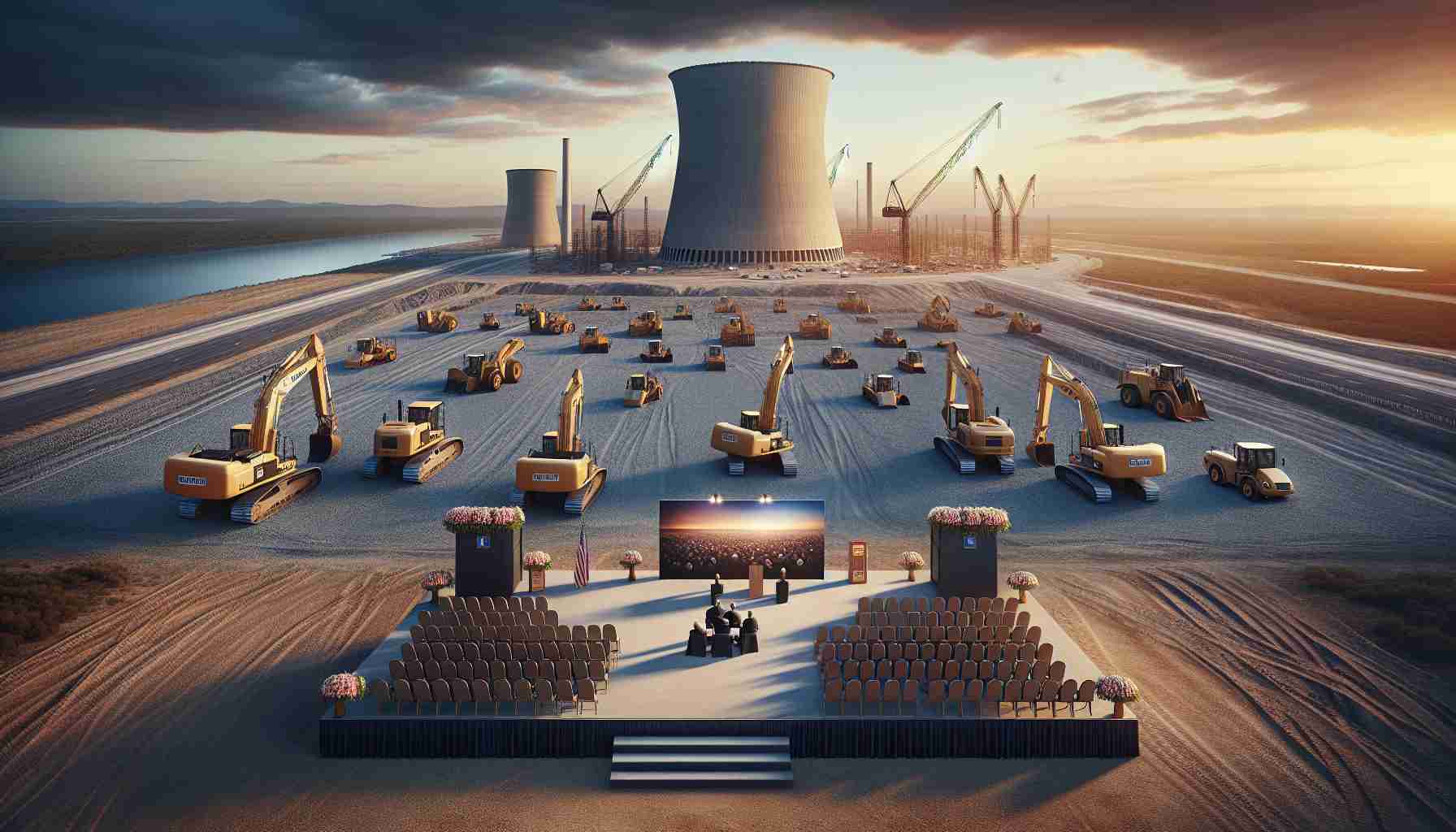Japan is preparing to see a significant shift in its energy landscape. Recent projections from the country’s industry ministry indicate that by fiscal 2040, nuclear power generation could emerge as the most cost-efficient energy source, surpassing thermal energy, particularly liquefied natural gas (LNG).
As the Ministry of Industry releases these forecasts, they highlight that the financial burden of carbon dioxide emissions will weigh heavily on the costs associated with LNG-generated power, which previously appeared to offer lower rates as of 2030. Under the new evaluations, nuclear costs are expected to range between 16.40 to 18.90 yen per kilowatt-hour, a rise attributed to the escalating expenses of plant construction and enhanced safety protocols. This is a notable increase from earlier estimates.
In contrast, thermal power generation from LNG is predicted to reach costs of 20.20 to 22.20 yen per kilowatt-hour, highlighting a significant uptick due to CO2 emissions quotas and the rising price of LNG. Furthermore, the estimates for coal-fired power generation are climbing as well, factoring in shifts toward green technologies like hydrogen and ammonia.
These transformative shifts in cost predictions will play a critical role as experts discuss Japan’s energy supply mix in the lead-up to the government’s revised energy plan announcement. Ultimately, the developments signal a potential reinvigoration of Japan’s nuclear sector amidst changing global energy priorities.
Japan’s Nuclear Renaissance: How Energy Costs Are Shaping the Future
Introduction
Japan is on the brink of a transformative change in its energy landscape, with projections from the Ministry of Industry indicating a potential resurgence of nuclear power. By fiscal 2040, nuclear energy could surpass liquefied natural gas (LNG) as the most cost-efficient source of power. This article dives deeper into the implications of this shift, exploring costs, benefits, limitations, and the future of Japan’s energy mix.
Projected Costs of Energy Sources
Recent forecasts suggest that the costs of energy generation in Japan will experience notable changes:
– Nuclear Power: Expected to cost between 16.40 to 18.90 yen per kilowatt-hour. This rise is attributed to increased expenses associated with plant construction and enhanced safety protocols post-Fukushima.
– Thermal Power (LNG): Costs projected to reach 20.20 to 22.20 yen per kilowatt-hour, reflecting the financial impact of carbon dioxide emissions and rising prices for LNG.
– Coal-Fired Generation: Costs are also climbing, influenced by global shifts towards sustainable energy sources such as hydrogen and ammonia.
These predictions highlight significant financial implications for Japan’s energy strategy, emphasizing the urgent need for re-evaluation of the energy supply mix.
Pros and Cons of Shifting to Nuclear Energy
# Pros:
1. Cost-Efficiency: With nuclear potentially becoming the cheapest source, this could mean lower energy bills for consumers.
2. Reducing Carbon Emissions: Nuclear power generates low greenhouse gas emissions compared to fossil fuels.
3. Energy Security: Diversifying the energy mix with nuclear can enhance Japan’s energy independence.
4. Technological Innovations: Advances in nuclear technology may improve safety and efficiency.
# Cons:
1. Safety Concerns: The Fukushima disaster has instilled a lingering public fear regarding nuclear safety.
2. Nuclear Waste Management: Long-term waste disposal remains a significant challenge.
3. High Initial Costs: The construction of nuclear plants demands substantial upfront investments.
4. Public Opposition: There may be significant resistance from communities regarding new nuclear projects.
Innovations in Nuclear Technology
As Japan contemplates a nuclear revival, innovations are at the forefront. Developments in small modular reactors (SMRs) and next-generation reactors offer promising alternatives that focus on safety and efficiency. These technologies could redefine public perception and operational feasibility of nuclear energy.
Trends and Market Insights
The recent moves in Japan’s energy policies are reflective of a global trend toward increasing reliance on nuclear among countries looking to balance economic and environmental factors. As nations seek to meet carbon reduction targets, nuclear is regaining attention, especially with financial markets beginning to view nuclear assets as stable, low-risk options.
Predictions for the Future
Experts predict that Japan’s energy landscape will see a gradual but marked shift towards nuclear over the next few decades. With governmental support and a global push for cleaner energy, nuclear power’s role may solidify further, potentially leading to new investment opportunities and job creation in this sector.
Conclusion
Japan’s evolving energy costs present an opportunity for nuclear power to reshape the country’s economic and environmental landscape. While challenges remain, the potential benefits, coupled with technological advancements, suggest a nuanced and optimistic future for nuclear energy in Japan. As the government prepares for a revised energy plan, industry stakeholders will be eagerly watching how these developments unfold.
For more insights into Japan’s energy sector, visit Japan’s Ministry of Economy, Trade and Industry.
The source of the article is from the blog krama.net



